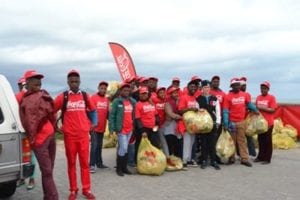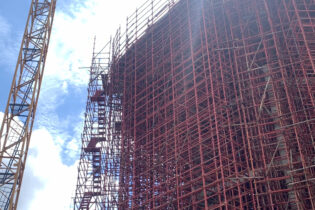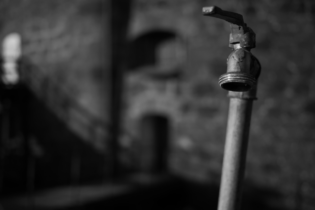To commemorate the 28th annual International Coastal Clean-up (ICC), South Africans took to their local beaches to pitch in and help make a difference for the environment. Despite the heavy rains, RéSource showed its support at Sunset Beach in Cape Town on 21 September, while the beaches in KwaZulu-Natal attracted more than 6 000 volunteers.
Various diving clubs also took the initiative to coordinate underwater clean-ups at harbours countrywide, including Robben Island. The first micro material clean-up for man-made materials smaller than 10 mm, such as plastic pellets, took place at Yzerfontein – a small harbour town located in the mother city. Rubber gloves, refuse bags and data sheets were handed out to volunteers. “The heavy rains that fell over the Western Cape caused much of the litter to be washed down the rivers from the areas where there are little or no proper waste management systems,” explained John Kieser, sustainability manager: Plastics SA and national coordinator for the ICC. “It took several thousands of volunteers two hours to remove the 8 500 bags filled with every kind of rubbish – from packaging waste such as food wrappers, glass bottles and cans, to earbud sticks, cigarette butts, pieces of clothing and small appliances.” Additionally, schools across the country coordinated clean-ups during the week of 16 to 20 September as part of Clean-up and Recycle Week, with businesses and corporates doing their part for streams and rivers inland, such as the Jukskei River in Johannesburg. “This shows that individuals are starting to take responsibility for keeping the environment clean and litter-free,” Kieser continued. “However, the challenges still exist to educate people about proper disposal strategies and the importance of recycling their litter. We will continue to spread the message that ‘plastics don’t litter, people do’. Only through an ongoing, collective effort can we turn the tide on marine litter,” he concluded.






